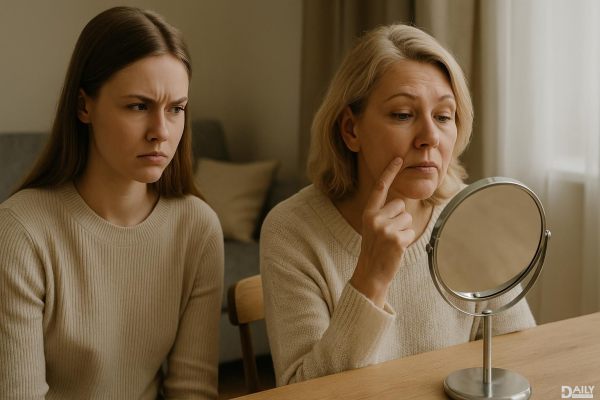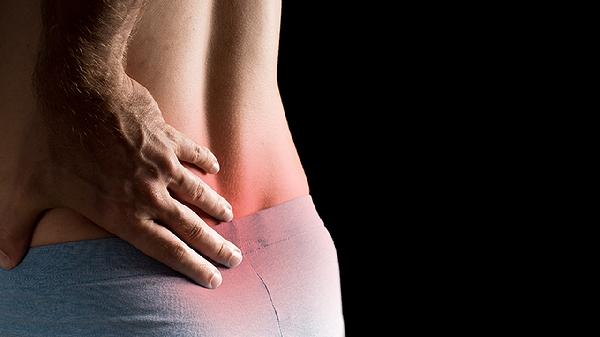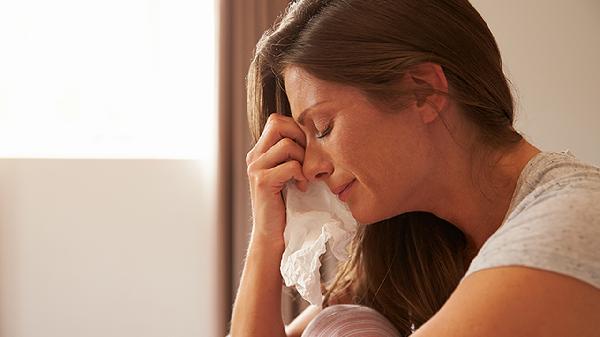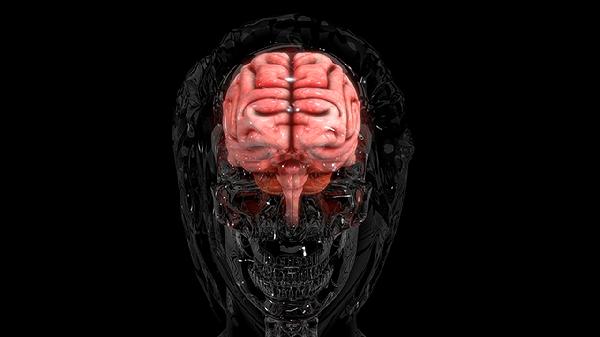Postpartum anxiety hit me like a freight train—unexpected, overwhelming, and completely derailing my sense of control. I had assumed the sleepless nights, the relentless worry, the constant mental replay of worst-case scenarios were just part of the "new mom" package. But when my thoughts spiraled into paralyzing fear, I realized something deeper was at play. This wasn’t just normal adjustment; it was a mental health crisis in disguise.
The Silent Storm of Postpartum Anxiety
Unlike postpartum depression, which often gets more airtime, postpartum anxiety operates in the shadows. It’s the relentless hum of "what if" that never quiets. For me, it wasn’t sadness—it was a hyper-vigilance so intense I couldn’t sit still without my brain scripting disaster. The Cleveland Clinic defines it as excessive worry post-childbirth, but that clinical description doesn’t capture the visceral reality: shaking hands, a heart that races at 3 a.m., the inability to trust even your own breath. I’d been blindsided because no one talks about how anxiety can hijack postpartum life just as brutally as depression. Society expects new moms to be tired, maybe weepy, but not trapped in a loop of dread that feels like a malfunctioning alarm system.
When "Normal Worry" Crosses the Line
Every parent worries—it’s evolutionary. But there’s a stark difference between checking the baby monitor twice and being unable to close your eyes without envisioning catastrophe. My tipping point came when I stopped sleeping entirely, convinced that if I dozed off, something terrible would happen. The irony? Exhaustion made me less capable of keeping my baby safe, which fueled more anxiety. It was a self-sabotaging cycle. Experts call this "maladaptive anxiety," where the worry isn’t protective—it’s corrosive. The National Institute of Mental Health notes that when anxiety interferes with daily function (hello, surviving on 90 minutes of sleep), it’s time to seek help. But in the thick of it, I didn’t recognize the signs. I just thought I was failing at motherhood.
The Physical Toll of Invisible Stress
Anxiety isn’t just a mind game—it’s a full-body assault. My muscles were clenched so tightly I’d wake up with headaches. My stomach churned constantly, making it hard to eat. Even my vision felt sharper, like my pupils were dialed up to hyper-alert mode. The American Psychological Association explains that chronic anxiety triggers the fight-or-flight response, flooding the body with cortisol. For new moms, this is especially dangerous because recovery from childbirth already strains the body. I was running on adrenaline and caffeine, mistaking my jittery energy for competence. Meanwhile, my immune system tanked, my milk supply dipped, and my partner started tiptoeing around me like I was a live wire. The physical symptoms were screaming what my mind refused to admit: this wasn’t sustainable.
Breaking the Stigma (and the Cycle)
Asking for help felt like admitting defeat. I’d bought into the myth that "good moms" handle everything alone. But when my therapist gently pointed out that treating my anxiety wasn’t selfish—it was necessary for my baby’s well-being—something clicked. Cognitive behavioral therapy (CBT) became my lifeline, teaching me to challenge catastrophic thoughts instead of surrendering to them. I also learned practical tools: grounding techniques (name five things you can see, four you can touch), scheduling "worry time" (yes, literally containing anxiety to a 15-minute window), and—gasp—accepting help. Letting my partner take night shifts or my mom fold laundry didn’t make me weak; it made me human. Postpartum Support International emphasizes that treatment is highly effective, yet only 15% of affected moms receive it. That statistic haunts me. How many of us suffer in silence, believing we’re just "too emotional"?
Rebuilding Trust in My Own Mind
Recovery wasn’t linear. Some days, I’d backslide into old thought patterns, convinced progress was a fluke. But over time, the fog lifted. I remember the first morning I woke up and didn’t immediately inventory potential dangers. It felt like a miracle. Therapy, medication (for some, it’s essential—no shame), and peer support groups rewired my relationship with anxiety. I’ll always be a vigilant mom, but now I channel that energy into actionable care, not doomsday scenarios. Most importantly, I talk openly about my experience. Because if one exhausted parent hears this and thinks, "That’s me—maybe I’m not broken," then the stigma cracks a little wider. Postpartum anxiety thrives in isolation. The antidote? Light, language, and the radical act of saying, "I need help."
Today, I still worry—but it no longer owns me. And that’s the real victory: not the absence of fear, but the return of choice. I wish I’d known sooner that struggling didn’t mean I was bad at motherhood; it meant I was navigating one of its hardest transitions. To anyone in the thick of it: you’re not alone, it’s not your fault, and help—real, life-changing help—exists. Sometimes the bravest thing you can do is whisper, "I’m not okay." And then let the light in.
























